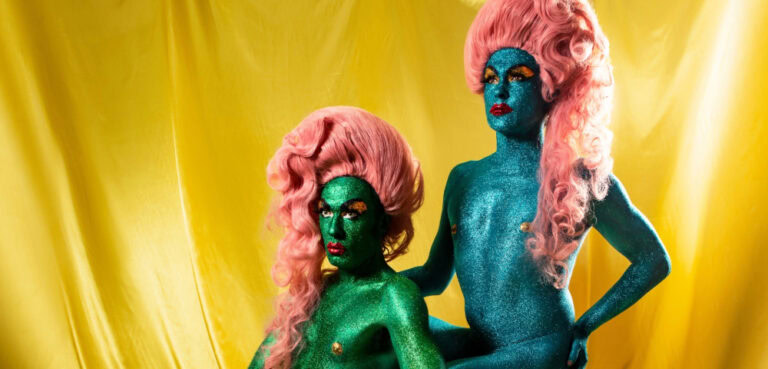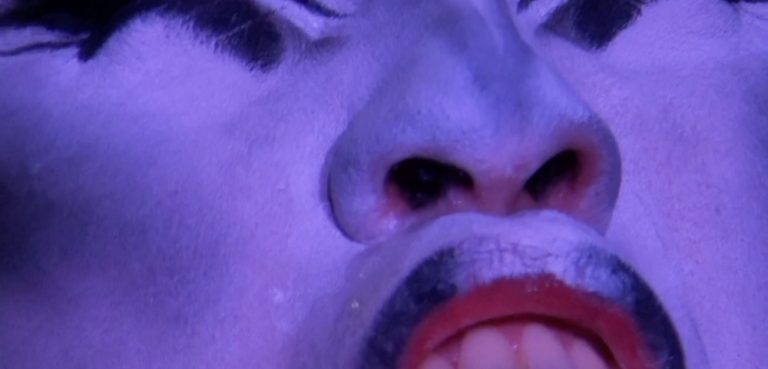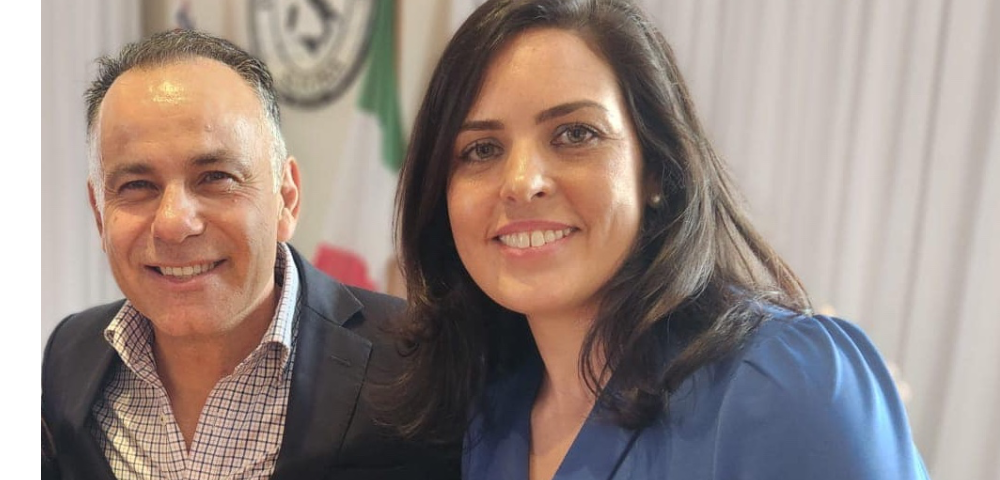
International headlines
Gay rights lessons
CANADA: Migrants to Canada will be educated about gay rights in the next edition of the country’s citizenship guide.
People seeking to become Canadian citizens will be informed that same-sex marriage is legal and that gays and lesbians are protected from discrimination.
“Our laws protect all Canadians, including gays and lesbians, from unjust discrimination,” a draft text reads, “All Canadians enjoy the same access to education, health care, jobs, housing, social services, and pensions, regardless of their sexual orientation.”
“In 2005, Parliament passed a law extending the right to civil marriage to same-sex couples. At the same time, the law respects religious freedom, so no church, synagogue, mosque or temple can be forced to perform a marriage that goes against the religious beliefs of its members.”
Previous editions included information about gender equality and freedom of belief, but until now the only gay content has been a picture of Olympian Mark Tewksbury in the sports section.
Earlier this year Canada’s Immigration Minister Jason Kenney came under fire when it was revealed he had sought to remove mentions of gay rights from the guide.
However a push by MPs from opposition parties saw the section on gay rights restored.
Push to outlaw homosexuality
CONGO: A bill to criminalise homosexuality alongside bestiality and necrophilia is before a committee of the National Assembly of the Democratic Republic of Congo.
Homosexuality is presently legal with an equal age of consent in the former French colony however the constitution bans same-sex marriage and sexual minorities have no legal protection from discrimination in Congolese law.
The bill was put forward by National Assembly member Ejiba Yamapiale last week and seeks to punish homosexuals with imprisonment and fines. The length of sentences that would apply is at this stage unknown.
In addition to being a lawmaker, Yamapiale is also a Pentacostal pastor and he told the AFP news service that homosexuality was “ a deviation”.
“Spiritually, it is an abomination,” said Yamapiale, “As Africans, we know that there is polygamy but there must not be men who sleep with other men, with animals or corpses”.
“It is necessary to punish these unnatural practices, which do not fit with our values …We have proposed this law to moralise our society”.
For the last decade and a half, Congo has been gripped by a civil war which has killed 5.4 million people – the most deadly war since World War II – accompanied by wide spread sexual violence, with an estimated 200,000 women raped.
Gay soldiers jailed
KOREA: While the United States grapples with its “Don’t Ask Don’t Tell” policy that requires openly gay and lesbian members of the armed forces to be sacked, South Korea is grappling with a law that sees them jailed.
Homosexuality is legal in South Korea but Article 92 of the country’s military penal code states that individuals caught engaging in “sodomy or other acts of molestation” must be jailed for up to a year.
In 2008 a military court requested that South Korea’s Constitutional Court review the law’s constitutionality, arguing that punishing consensual sexual acts between people of the same sex was excessive.
In May this year a Korean human rights group petitioned the country’s National Human Rights Commission to look into the law.
Following its own investigation the Commission believes that Article 92 may be unconstitutional and has shared this opinion with the Constitutional Court.
The Commission determined that homosexuality had no direct effect on, “military combat power, moral fibre and unity.”
“Criminal punishment according to the penal code infringes on [homosexuals’] rights to equality and runs counter to the trend of the times,”
“We found that there are no cases overseas in which soldiers were punished for homosexuality. Militaries in Canada, Australia and Israel allow homosexuals to join them even after they came out of the closet.”
The 1962 law is also considered offensive by Korea’s gay community as it uses a derogatory term that translates to “sex between chickens” in reference to homosexual acts.
Military service is compulsory for all male South Koreans and while most draftees who are discovered to be gay are given dishonourable or medical discharges, the Commission found that at least one Korean soldier was being jailed for consensual sex by the military each year.
In a previous 2002 challenge to the law the Constitutional Court found Article 92 to be constitutional.
Pride attack MPS unpunished
LITHUANIA: Two Lithuanian MPs involved in attacks on a gay Pride march in Vilnius will escape prosecution after a vote by the country’s Parliament.
Kazimieras Uoka of the Conservative Party and Petras Gražulis, of the Order & Justice Party are accused of crossing police barriers, assaulting police, and attacking a member of the group organising the march.
Lithuania’s politicians enjoy immunity from prosecution, but the country’s prosecutor general sought for Gražulis and Uoka’s immunity to be lifted so they could be brought to trial for breaches of criminal and administrative laws.
During the march in May around 400 marchers, including ministers and members of the European Parliament from other countries, were pelted with rocks, bottles and fireworks by around 2000 counter-demonstrators from far right groups.
Counter-demonstrators chanted, “down with the Homo-Nazis” during their attacks.
American conspiracy theorist Scott Lively has travelled extensively through the Baltic states promoting the claim that the Nazi Party was controlled by gay men and that homosexuals murdered during the Holocaust were merely gay-on-gay killings to protect these men’s reputations.
His message has been particularly well received by far right groups in Lithuania and Latvia.









